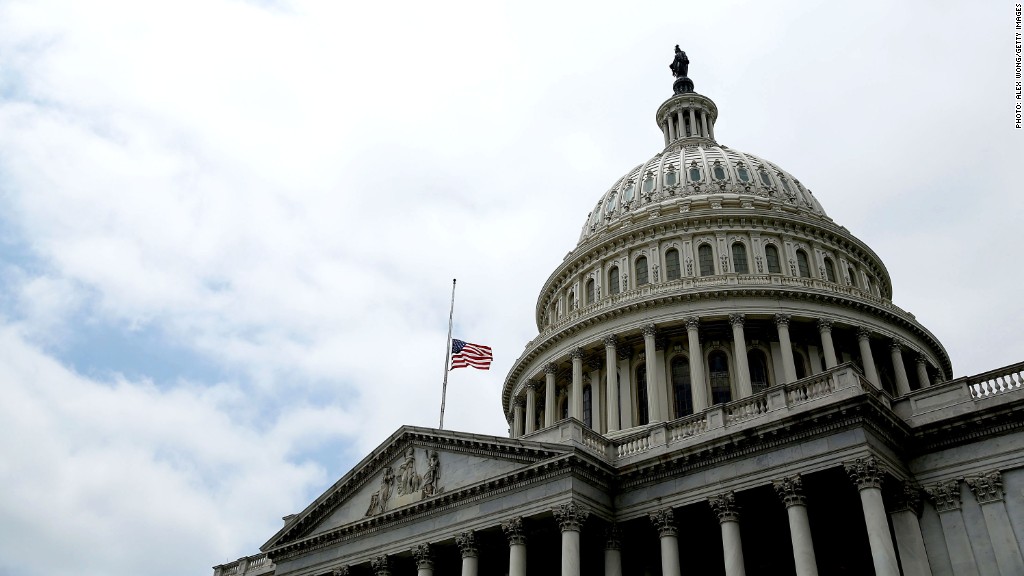
A bipartisan Senate bill that would create a path to legal status for many of the 11.5 million undocumented immigrants in the United States could reduce deficits by $175 billion over the first 10 years and by at least $700 billion in the second decade.
That's according to an analysis released Tuesday by the nonpartisan Congressional Budget Office.
The CBO, working with the congressional Joint Committee on Taxation, estimates that 8 million unauthorized residents would become legal in the first decade.
In addition, the report estimates the bill would boost the U.S. population by a net of 10.4 million people by 2023 and by 16 million by 2033.
The rise in legal immigrants and the U.S. population overall would increase spending on refundable tax credits, Medicaid and health insurance subsidies, among other federal benefits. And it would increase spending for the implementation and enforcement of the bill's provisions.
At the same time, however, the surge would create even more tax revenue by way of income and payroll taxes, the agency noted.
From CNN: 5 things to know about immigration reform
The CBO did caution, however, that "the net impact of the bill on federal deficits would depend on future actions by lawmakers."
The report didn't analyze the effects of the increased population on state and local governments but allowed that there would be both positive and negative effects.
In addition, the CBO estimates that the bill, while increasing economic output, would also decrease average wages before 2025 but increase them thereafter. It would also "slightly raise" the unemployment through 2020.
Lastly, the agency noted that the bill could reduce the number of unauthorized residents by about 25%.
The legislation, known as the Border Security, Economic Opportunity and Immigration Modernization Act, was introduced in the Senate by a bipartisan group of senators known as the Gang of 8.
The Obama administration backs the bill. "By fixing our broken immigration system ... we can grow the economy, strengthen the middle class, improve our fiscal outlook and create new opportunity for Americans everywhere," the White House said after the CBO report came out.
The Senate is debating the bill. If it passes, it will move to the House, where it could face considerable opposition.
Republicans in general are divided over immigration reform. Among the concerns of those who oppose it: border security, creating a path to citizenship for those who entered the country illegally, and the potential effect on jobs.
"This bill guarantees three things: amnesty, increased welfare costs, and lower wages for the U.S. workforce," Jeff Sessions, the top Republican on the Senate Budget Committee said in a statement.
On Tuesday, House Speaker John Boehner said he wouldn't bring an immigration bill to a vote unless he know it has the support of a majority of House Republicans.


